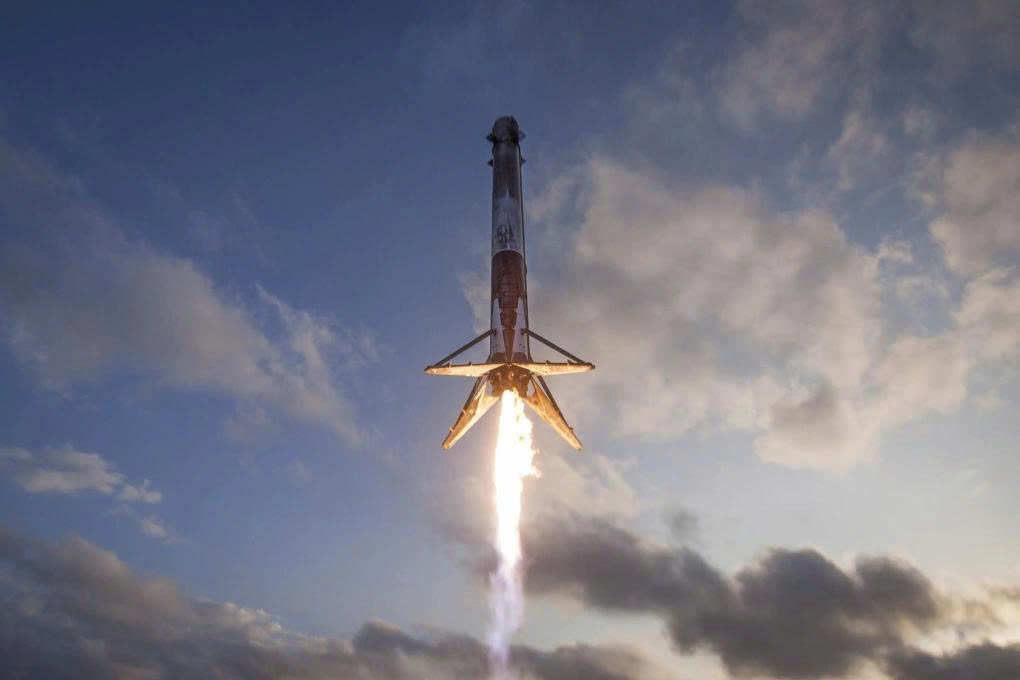TOKYO – The future of long-haul travel is set to be redefined by speed and altitude, as Nippon Travel Agency (NTA), one of Japan’s premier travel firms, announced a revolutionary plan to launch intercontinental rocket tourism. By 2030, NTA aims to offer a service that will transport passengers from Tokyo to major U.S. cities in a remarkable 60 minutes by traversing suborbital space.
The cost of this ultra-premium experience is estimated at a round-trip fare of 100 million yen (approximately $6.4 million USD).
NTA is embarking on this ambitious project in collaboration with a Japanese startup specializing in the development of reusable rockets. This partnership seeks to transform the current 12-to-15-hour flight across the Pacific into a rapid, one-hour journey, effectively turning the planet into a significantly smaller place for the ultra-affluent.
The transport vehicle, according to the companies, will be launched from a dedicated offshore facility and is designed with the capability to connect any two points on Earth within the one-hour window.
During a press conference held in Tokyo on October 27th, Mr. Keigo Yoshida, President of Nippon Travel, highlighted the broader vision behind the venture. “We hope this business model will be a transformative new starting point, seamlessly connecting space tourism with traditional travel,” he stated. This move represents a strategic pivot for the established travel agency, positioning it at the cutting edge of global mobility.
The rollout of the service is scheduled in stages. The company plans to begin accepting advance applications starting in April 2026. Initially, NTA will offer terrestrial activities designed to build anticipation and comfort with the space theme, including space-themed culinary experiences and tours of the ground facilities. Looking ahead to the 2040s, the company anticipates launching an even more advanced service: orbital accommodation for multi-day stays in space.
This Japanese initiative is a major development in the burgeoning field of “point-to-point” intercontinental rocket travel, an idea long championed by private aerospace innovators. The concept aims to leverage suborbital flight paths to achieve speeds far beyond those of conventional aircraft.
Leading the charge is SpaceX, the company founded by billionaire Elon Musk. Since 2017, SpaceX has been vocal about its “Earth to Earth” vision, utilizing its colossal Starship vehicle for rapid global transit. The company’s goal is to connect any two large cities worldwide in under 60 minutes, with illustrative routes like New York to Shanghai projected to take just 39 minutes.
Other major players are simultaneously laying the groundwork. Jeff Bezos’s Blue Origin and Richard Branson’s Virgin Galactic are intensely focused on developing reusable spacecraft for suborbital tourism—carrying passengers to the edge of space for brief Earth-viewing excursions. While currently focused on luxury sightseeing, the reliable, reusable rocket technology developed for these flights is considered a vital precursor for future long-distance, high-speed commercial travel.
Despite the excitement, the NTA’s ambitious plan faces significant hurdles. The project is currently in the initial planning phase, and its realization is contingent upon overcoming considerable challenges:
- Technological Maturity: Perfecting the rapid reusability of the rocket system is essential for making the economics of the 100 million yen ticket viable and scalable.
- Safety and Regulation: Establishing a robust and internationally recognized framework for aerospace safety and regulatory approval for commercial passenger rocket flight across multiple jurisdictions remains a complex, time-consuming task.
- Infrastructure Costs: The required capital for developing specialized offshore launch sites and designated landing facilities near major urban centers is immense.
Nevertheless, NTA’s entry into the space tourism market underscores a strong commercial belief that the future of long-distance travel lies in space, heralding a new era of connectivity and ultra-luxury mobility.
(According to The Straits Times)
- Vietnam Travel Budget Tips: Magic on a Budget
- Ho Chi Minh City vs Hanoi for Digital Nomads: Which City is better for you
- Vietnam’s Ba Den Mountain will be the location for a series of rituals during Vesak 2025
- EU Imposes New Carry-On Baggage Regulations
- Internet in Vietnam for Remote Workers: Speed, SIMs & Wi-Fi Guide

















